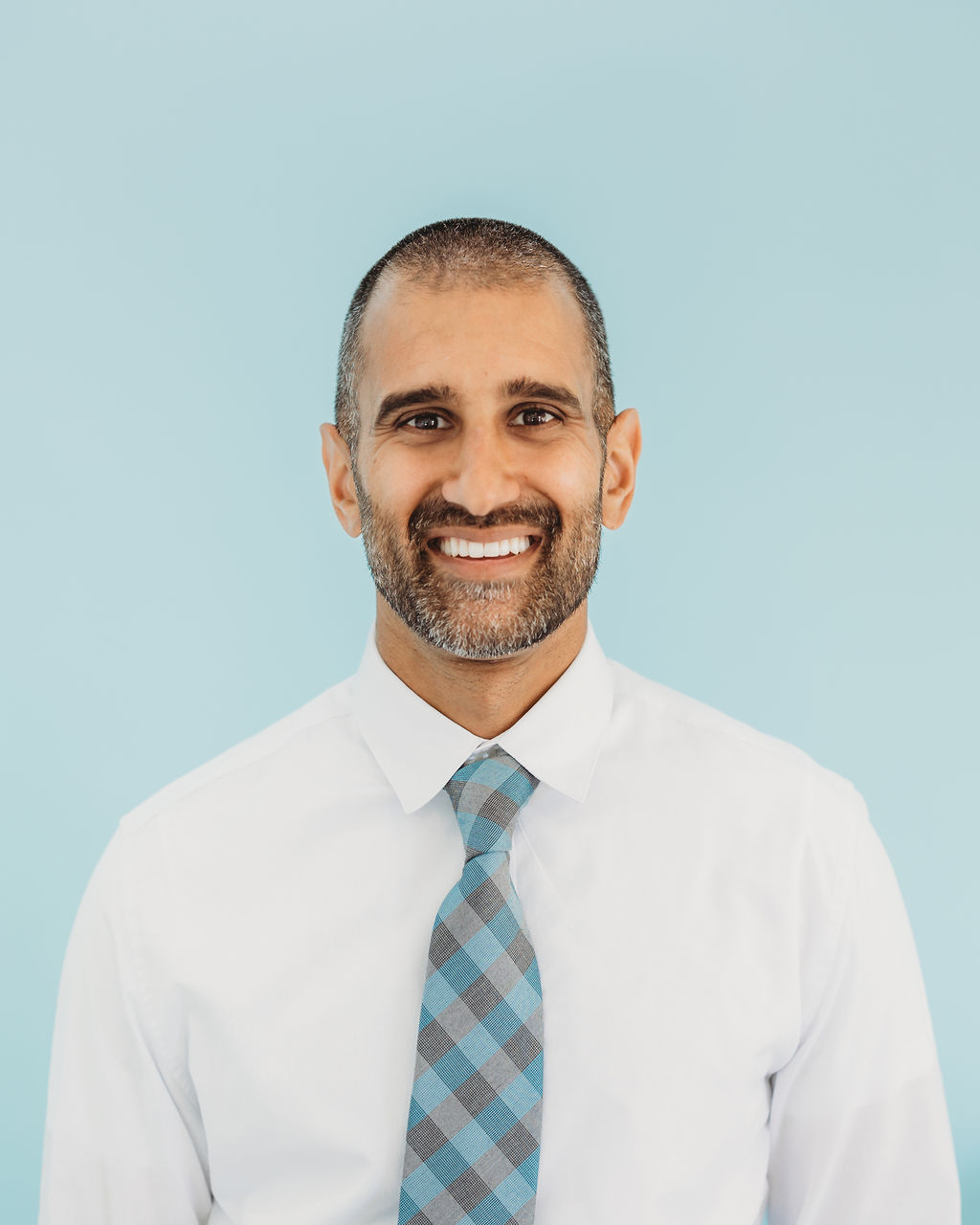Sleep apnea affects your mental and emotional health and your sleep quality. Many people with sleep apnea, anxiety, and depression go through a problematic cycle in which lack of sleep worsens mood disorders, and increased stress makes it more challenging to get a good night’s sleep. If left untreated, this illness may lead to persistent emotional difficulties, chronic exhaustion, and even panic attacks.
Research shows that sleep apnea raises the risk of anxiety disorders and contributes to sadness in many people. Fortunately, getting treatment for sleep apnea from a professional can help you sleep better and feel better overall. Our goal at Reveal Dental in Cedar Park is to provide patients with comprehensive solutions that will enhance their quality of life and help them manage their oral health.
How Excessive Daytime Sleepiness and Sleep Apnea Raise Depression Risk
Excessive daytime sleepiness is one of the most typical signs of sleep apnea. When breathing stops and begins during sleep, your brain doesn’t get enough oxygen, which throws off your body’s natural sleep cycle.
This lack of restorative sleep eventually results in:
- Persistent fatigue
- Difficulty concentrating
- Irritability and mood swings
- Decreased motivation
These symptoms are very similar to those of depression. People who experience fatigue daily may become more depressed and pessimistic. According to research, those who have untreated sleep apnea have a multiple times higher risk of developing depressive disorders compared to those who get enough sleep. For this reason, it’s crucial to detect and treat sleep apnea as soon as possible. Many patients report feeling happier and more energized immediately after receiving the proper sleep apnea treatment, such as CPAP therapy or oral appliances.
Understanding the Connection between Sleep Apnea, Depression, and Anxiety
Although the connection between sleep apnea, anxiety, and depression is complicated, oxygen depletion and disturbed sleep are frequently at the heart of it. Insufficient oxygen delivery to the brain during sleep sets off stress reactions that raise anxiety levels.
Sleep apnea can exacerbate emotional difficulties in the following ways:
Panic and Anxiety Attack
The body’s fight-or-flight reaction is triggered when breathing is disturbed while you’re asleep. For some people, this hypervigilant state can persist into the day and result in sleep apnea, anxiety, panic attack.
Mood Instability
Lack of sleep disrupts the balance of neurotransmitters, especially serotonin, which is essential for mood regulation.
Depression
Untreated sleep abnormalities can exacerbate pre-existing depressed symptoms or even cause the onset of new ones, as sleep apnea is a cause of depression.
Treating Sleep Apnea and Its Effects
The good news is that mental health frequently improves significantly when sleep apnea is treated. For some patients, custom-made, specialized oral appliances offered by Cedar Park Family Dentistry are a preferred alternative to conventional CPAP machines. They are a great alternative to keep your airway open while you sleep.
Treatment for sleep apnea by a professional has the following advantages:
- Better quality sleep and fewer night wakings
- Reduced likelihood of anxiety and sadness
- Decreased afternoon weariness, which improves mood and productivity
- Improved general physical and oral health
At Cedar Park’s Reveal Dental, we employ cutting-edge methods to improve our patients’ nighttime breathing, which promotes mental health. Reducing snoring is one aspect of treating sleep apnea; another is providing patients with the stability and energy they require to lead happier, healthier lives.
Other Strategies to Improve Sleep Apnea
Lifestyle modifications can help lessen the intensity of sleep apnea symptoms and promote improved mental health in addition to professional treatment. These consist of:
Weight control – Losing even a small amount of weight can help clear the airways.
Exercise – Frequent exercise helps reduce anxiety and enhance breathing patterns.
Sleep position – If you sleep on your side, you may experience fewer bouts of apnea.
Avoiding alcohol and sedatives – These might exacerbate sleep apnea by relaxing the muscles in the throat.
Stress reduction – Yoga, meditation, or counseling can reduce anxiety and encourage sound sleep.
Restoring Rest, Health, and Confidence with Reveal Dental
It can feel overwhelming to live with sleep apnea, anxiety, or depression, but with the correct care, your days and nights can return to normal. At Cedar Park’s Reveal Dental, we’re dedicated to providing patients with cutting-edge, comfortable, and efficient sleep apnea solutions. Don’t let inadequate sleep dictate your life!
Our reliable dentists at Cedar Park Family Dentistry can discuss expert sleep apnea treatment options with you. We can work together to restore peaceful sleep, happier mornings, and a more positive outlook on life.
FAQs
Can depression actually result from sleep apnea?
Yes! Due to hormonal imbalances, oxygen depletion, and disturbed sleep cycles, sleep apnea has been linked to depression, according to studies. Depression symptoms can frequently be alleviated or even eliminated by treating sleep apnea.
How do anxiety and sleep apnea relate to each other?
Your body goes into fight-or-flight mode when your airway collapses while you’re asleep, which frequently results in increased tension and anxiety during the day. As a result, some people even develop sleep apnea, anxiety, or panic attacks.
How is the diagnosis of sleep apnea made?
A sleep study (polysomnography) is the most precise method of diagnosing sleep apnea. Based on the results, a dentist or doctor may suggest CPAP therapy, lifestyle changes, or oral appliances.
Are dentists able to treat sleep apnea?
Yes! Custom dental appliances created by dentists with sleep medicine training, like the staff at Cedar Park’s Reveal Dental, can assist in maintaining open airways. As a result, you sleep, lowering the frequency of apnea episodes.
What are the advantages of early sleep apnea treatment?
Complications such as elevated blood pressure, heart disease, severe anxiety, and depression can be avoided with early sleep apnea therapy. Additionally, it improves sleep quality, boosting vitality and enhancing mental well-being.

Submitted by Dr. Alkesh C. Sura
Dr. Alkesh C. Sura is the founder and lead dentist at Reveal Dental in Cedar Park, Texas. A North Carolina native, Dr. Sura earned both his Bachelor of Science in Public Health and Doctor of Dental Surgery degrees from the University of North Carolina at Chapel Hill.





